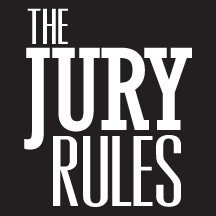Objecting To Win
No evidentiary discussion would be complete without a few thoughts on objections. One of the major skills that you developed in law school was how to spot issues. Back in law school, your issue-spotting acumen served you well on final exams. The more issues you spotted, the better your grade. However, in trial work, superlative issue spotting skills can become a detriment to your case and your relationship with the jury. Objections can harm your case because many trial lawyers still act like they are in law school. As soon as they spot an issue, they jump up and announce it to the world, “Objection! That is a leading question.” Technically, they are right, because the issues they have spotted are questions that can be objected to. But, should they have objected? To become a top-tier trial lawyer, you must be able to determine when an objection is essential and when it’s not. Developing a feel for should-I-object is mostly art with a little bit of technical know-how.








